News & Media
CODeL+ viewed through the research lens
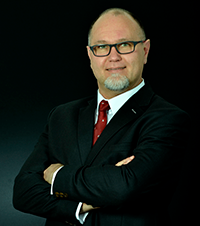
Prof Les Labuschagne
Speaking at the recent Management Lekgotla on research within the comprehensive, open, distance and eLearning (CODeL+) model, Professor Les Labuschagne, Executive Director of Unisa’s Research, Innovation and Commercialisation Department, discussed each of the elements of this model as it pertains to research at Unisa.
In his introduction, Labuschagne said that the key issue is looking to the future and determining how to prepare for this new way of doing research.
The CODeL+ research perspective
In discussing this perspective, Labuschagne unpacked each of the components of CODeL+ as follows:
Comprehensive: ‘Here,’ said Labuschagne, ‘we deal with the different research taxonomies, looking at the amount of research in the basic or fundamental research category, the amount of research in the applied research category, and then also the amount of research in the development category. What we will probably find is that most of the research at Unisa lies within the fundamental research category. If we really want to be comprehensive, we need to recognise and promote the other categories.
Open: Labuschagne said that this speaks to the concept of open science. ‘The Department of Higher Education and Training,’ he said, ‘is currently developing a policy on open science, and it will be implemented soon. As a university we need to examine whether we are ready for it, whether we know what it entails, and how we are going to operate in the open science space.
Distance: Regarding this aspect, Labuschagne spoke about the Metaverse, which is a virtual reality world where users can interact and experience things as they would in the real world. ‘There has been much said around 4IR, but a lesser-known development is the Metaverse,’ said Labuschagne. ‘No one can define exactly what it is, but the big tech companies are investing heavily in it. So, we need to start thinking what opportunities the Metaverse will offer us, and how we are going to prepare for it.’
eLearning: Labuschagne said that looking at eLearning from the circular knowledge economy point of view entails closer integration between research and innovation on the one hand, and teaching and learning on the other. ‘We often find that what we publish is separate from what we teach, and we need to consider how to integrate the two,’ he said.
+: ‘In our context,’ said Labuschagne, ‘the plus is everything in addition to the research that we deal with. To a large degree, this speaks to innovation. A great deal of good work has been done at Unisa in the innovation space, but there is a lot more that can be done. We need to look at how we can start integrating innovation into our curriculum and incorporating it into our research.’
* By Philip van der Merwe, Editor, Department of Institutional Advancement
Publish date: 2022-03-17 00:00:00.0


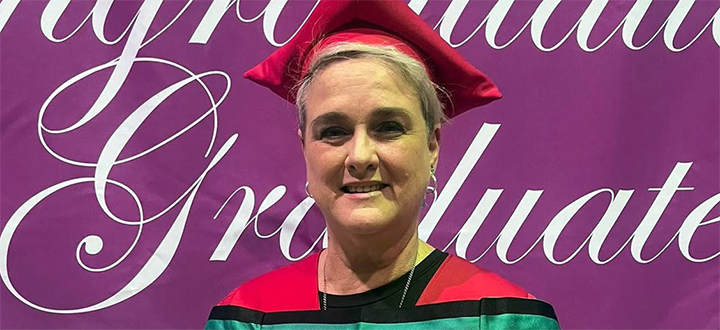 Shedding light on the well-being of ODeL facilitators
Shedding light on the well-being of ODeL facilitators
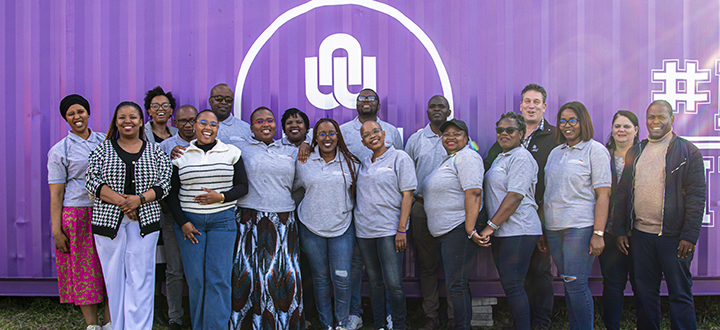 A giant leap for student success and retention
A giant leap for student success and retention
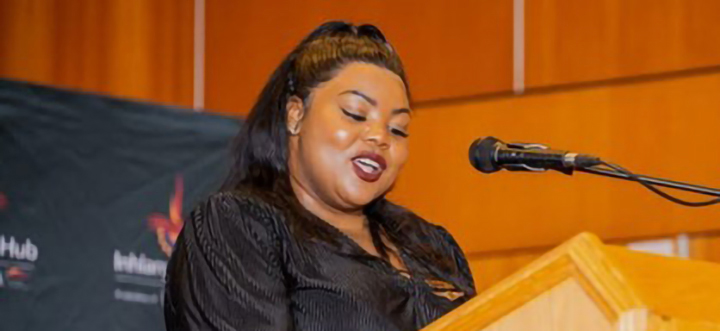 SWEEP: Where women entrepreneurs take the lead
SWEEP: Where women entrepreneurs take the lead
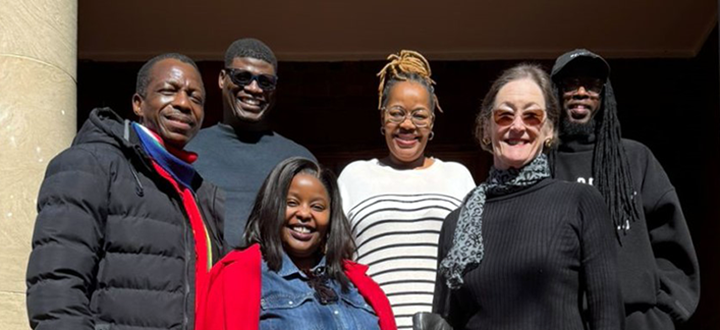 A sense of belonging and excellence nurtured through collaboration
A sense of belonging and excellence nurtured through collaboration
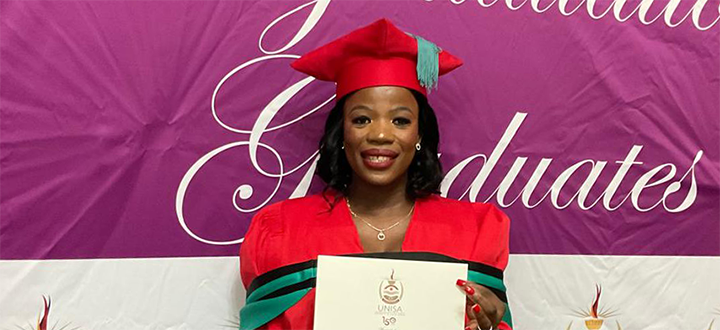 Wielding her Unisa PhD, Botswana educator champions early childhood development
Wielding her Unisa PhD, Botswana educator champions early childhood development